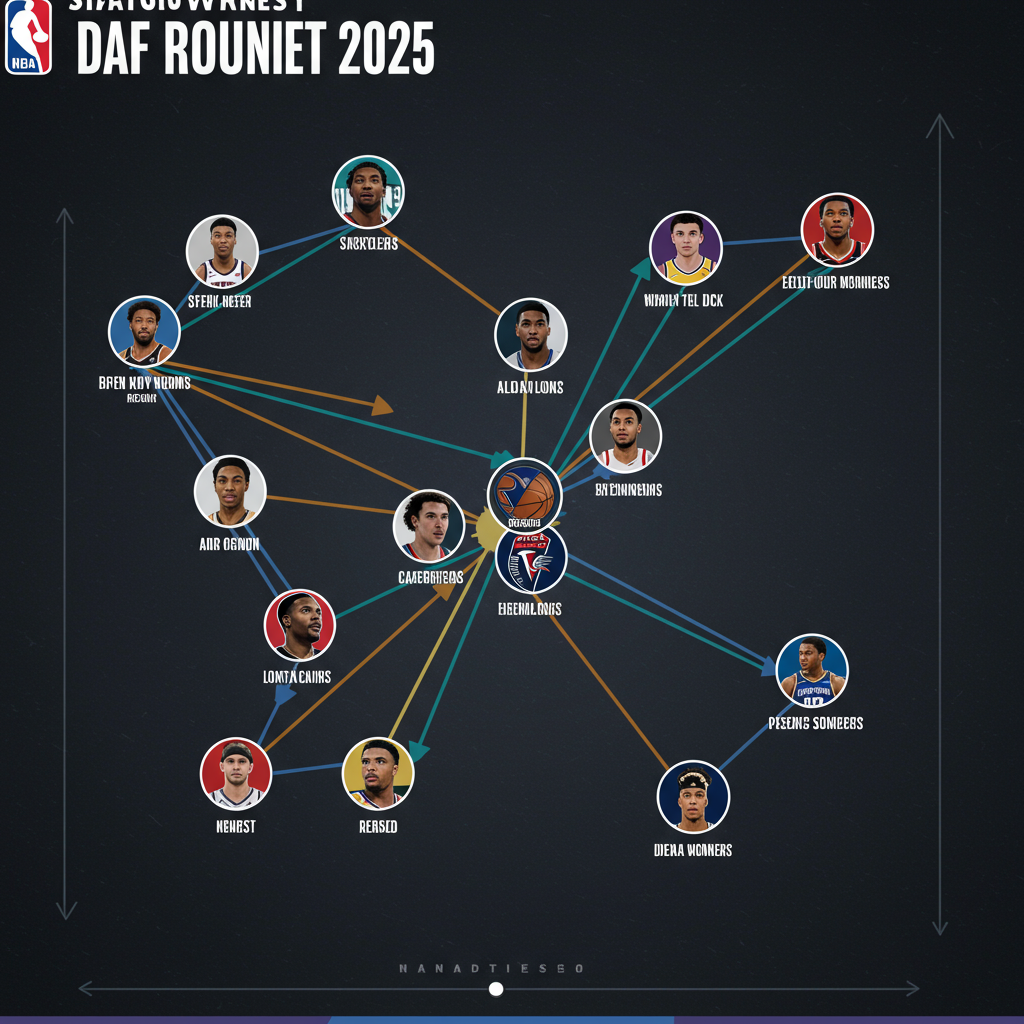Rory McIlroy Opens Up on Motivation Dip After Masters Triumph
Finishing the 2025 U.S. Open at Oakmont with his best round of the tournament – a three-under 67 that stood as the low score of the day – Rory McIlroy offered a candid look into the challenges he’s faced since achieving the career Grand Slam at the Masters in April.
Emerging from a taxing week and a period of underwhelming performances, a weary McIlroy admitted he felt the need for a significant break. His focus? Getting home to his new residence outside London to reconnect with a sense of “normality” away from the intense spotlight of professional golf.
“It’s always nice to get home,” McIlroy shared, highlighting the contrast between his public persona and his private life. “I feel like I live two different lives. I’m a dad and a husband when I’m away from here, and then I’m who I am when I’m here. It’s always nice to get away and feel a bit of normality.”
While a break was on his mind, it was delayed by another week as he was scheduled to play the Travelers Championship. This differs from his approach the previous year, when he skipped the event after a difficult U.S. Open experience.
The Post-Masters Reality Check
The golf world widely anticipated a dominant “Summer of Rory” following his historic Masters victory, which ended an almost 11-year major drought and completed the career Grand Slam. The expectation was that the immense pressure would lift, allowing him to play with newfound freedom.
However, the reality has been starkly different. Since Augusta, McIlroy’s form has seen a significant dip. His results include a distant tied-47th finish at the PGA Championship (where he reportedly faced equipment issues impacting his driving), a missed cut at the RBC Canadian Open (which he described as a “terrible practice round”), and battling to make the cut at Oakmont before his strong final day.
Analysts and commentators have noted a visible lack of motivation and focus. Golf Channel’s Brandel Chamblee described his Canadian Open performance as possibly the worst seen from him, while Paul McGinley observed that McIlroy’s “eyes weren’t alive” and “something has gone out of him.”
Climbing Everest and Finding the Next Peak
McIlroy has been notably transparent about the mental hurdle of resetting after such a monumental achievement. He likened winning the Masters to “climbing my Everest,” explaining that after reaching such a pinnacle, the natural process involves “mak[ing] your way back down” before you can “look for another mountain to climb.”
He confessed that while he had dreamed of making the winning putt at Augusta, he hadn’t fully planned for “what comes next.” This lack of a clear long-term target beyond focusing tournament by tournament has seemingly impacted his drive. He admitted that in the immediate weeks after the Masters, he felt he was “allowed a little bit of time to relax” after chasing the Grand Slam for over 15 years.
His strategy moving forward involves trying to compartmentalize the Masters win – a form of “amnesia” – to re-center his focus on future challenges. He believes recent struggles, ironically, make it easier to return to the dedicated preparation process he followed leading up to Augusta.
Setting Sights on Portrush
For McIlroy, the next “mountain” is clearly The Open Championship at Royal Portrush, scheduled for July. Playing the Open less than an hour from where he grew up holds unique significance.
“If I can’t get motivated to get up for an Open Championship at home,” he stated emphatically, “then I don’t know what can motivate me.”
He plans to use the time before the Scottish Open and The Open to get home, feel refreshed and rejuvenated, and enter the right frame of mind. While he feels his physical game is “close,” the primary battle is “mentally getting myself in the right frame of mind to get the best out of myself.”
Reflecting on the 2019 Open at Portrush, where he missed the cut, McIlroy recalled being overwhelmed by the emotional intensity and the immense support from the home crowd. He admitted he was unprepared for the feeling of being close to tears from the sheer volume of love after a key shot. He recognizes the need to prepare himself mentally to experience those strong feelings again, but this time channel them effectively for the upcoming championship.
Beyond the course, McIlroy is also actively seeking balance, prioritizing family time, saying “no to every request,” and incorporating hobbies like playing tennis to maintain a sense of normality amidst his demanding career.
Ultimately, McIlroy’s journey since Augusta highlights the complex psychological landscape even for the world’s best golfers after achieving a long-sought ultimate goal. His focus now is on strategic rest, mental recalibration, and leveraging the unique motivation of a home Open Championship to reignite his competitive fire.


